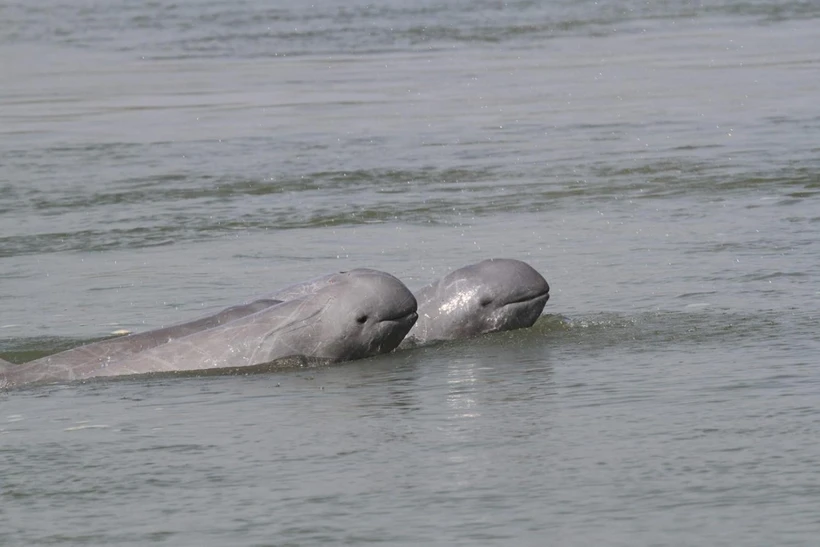Indonesian scientist hails Vietnam's ecosystem conservation programme
Vietnam's Payment for Watershed Services programme is a great example of sustainable natural resources management, according to Indonesian researcher Mohd Yunus Mohd.

Illustrative image (Photo: https://www.lowyinstitute.org/)
In his article published on December 24 on Lowy Institute of Australia's website, Mohd Yunus said that Asia, a crucial region for migratory species, is witnessing their alarming decline.
The article cited a major UN report released this year which warned that one in five of the world’s migratory species protected under a global convention are at risk of extinction.
Rapid development in many Asian countries has led to a grim 42% decline in migratory bird populations across the region, it said.
According to the article, Southeast Asia faces a similar challenge. Coastal wetlands and mangrove forests are sacrificed for aquaculture, urban sprawl, and agriculture. Habitat degradation and disrupted migration routes are jeopardising the survival of many animal species.
Mohd Yunus said a multi-pronged approach is required to address these issues and truly protect Asia’s rich biodiversity. He underlined the importance of promoting strong cooperation across borders, sufficient funding, active participation by local communities, and clear accountability, to protect this continent’s rich biodiversity.
Asia should play an active role in biodiversity conservation efforts due to the region's exceptional biodiversity and the increasing threats it faces, he stressed.
According to the researcher, local communities often possess generations of knowledge about the regional ecosystem and can be powerful stewards for sustainable resource management. Offering financial rewards can give them even more incentive to protect the environment.
He said that Vietnam’s Payment for Watershed Services programme, which was launched two decades ago, is a great example as it pays communities that manage forests with money from those who benefit, such as hydropower plants, and shows the value of market-based solutions for conservation.
However, to truly unlock the full potential of community-based conservation, Asia needs to establish a transparent and accountable funding mechanism, he went on./.
VNA

